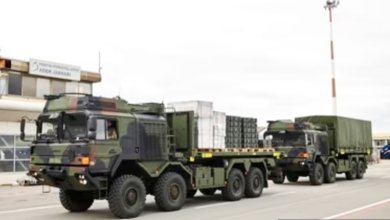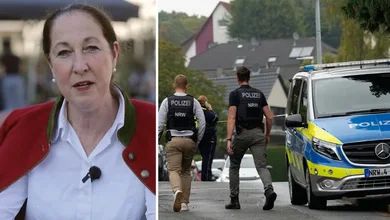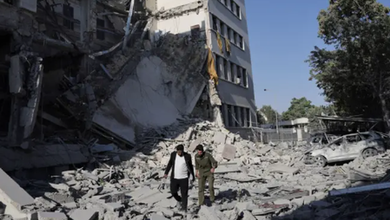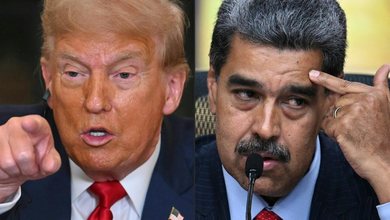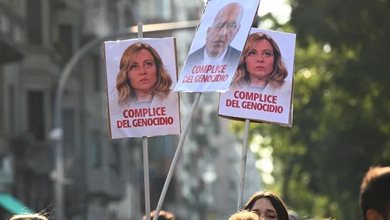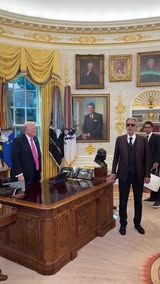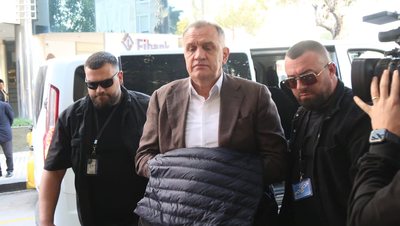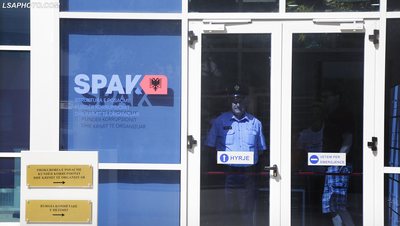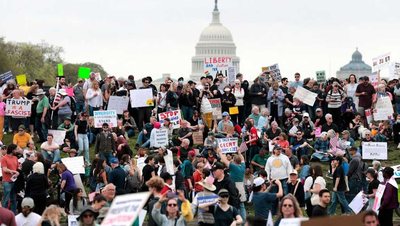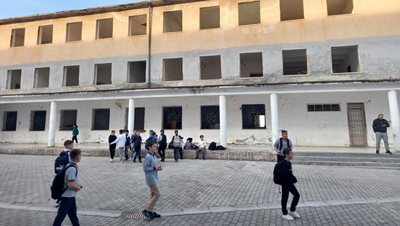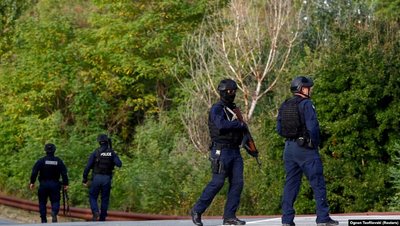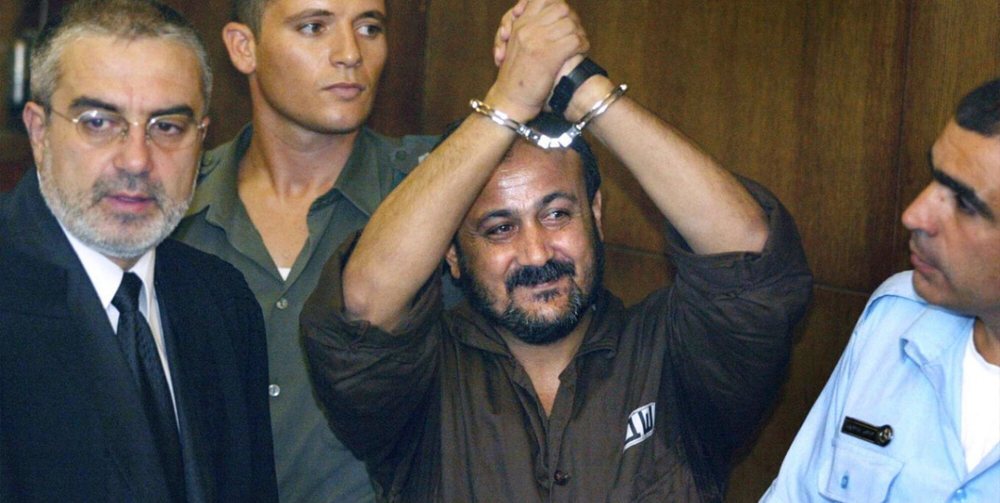
For more than two decades, Marwan Barghouti has been the most well-known and talked-about figure in Israeli prisons – a Palestinian leader who, even behind bars, retains broad political influence and the hope of an entire people. For many international analysts, he is seen as the most likely candidate to lead Gaza in the post-war period.
During the recent negotiations in Sharm El Sheikh, Hamas insisted on including him on the list of prisoners to be released as part of an exchange deal, presenting his release as a non-negotiable condition. Israel, however, has ruled out any discussion of him. Barghouti’s fate has become a symbol of the eternal dilemma for the Middle East: peace or endless confrontation.
Born in 1959 in the village of Khobar, near Ramallah in the West Bank, Marwan Barghouti joined Fatah and the Palestine Liberation Organization (PLO) at the age of 15. At the age of 18, he was arrested for the first time by the Israeli authorities. During his first stint in prison, he completed high school and learned Hebrew – a language that would later help him to better understand the Israeli system and mentality.
After his release, Barghouti continued his studies at Birzeit University, where he was elected president of the student council. Since then, he has been distinguished for his leadership skills and the great influence he had on the young Palestinian generation. In the late 1980s, Barghouti became the youngest member of Fatah's Revolutionary Council and played an important role during the First Intifada. After a period of exile in Jordan, he returned to the West Bank in 1994, where he was elected a member of parliament in 1996. During the 1990s, Barghouti distinguished himself as a leader of Fatah's young generation and commander of its armed wing, Tanzim. He openly criticized the Tunisian-linked Palestinian elite, including Yasser Arafat himself, and demanded greater representation for Palestinians living under occupation. On the eve of the Second Intifada in 2000, Barghouti represented a middle ground between resistance and diplomacy. He said: “We tried seven years of Intifada without negotiations and seven years of negotiations without Intifada. Maybe it’s time to try both.” In 2002, after an attack in Tel Aviv that killed three people, he was accused of involvement and became one of the main targets of the Israeli army. He was arrested during Operation Protective Shield in Ramallah and in 2004 was sentenced to five life sentences plus 40 years.
During the trial, Barghouti refused to recognize the authority of the Israeli court, stating that he was "being tried not as an individual, but as a representative of a people seeking freedom."
The "Mandela of Palestine" and the call for unity
The nickname “Palestinian Mandela” is not accidental. It is associated not only with years of imprisonment, but also with his ability to maintain political and moral influence over his people. In 2006, from prison, Barghouti drafted the “Prisoners’ Document,” signed by representatives of Fatah, Hamas, and Islamic Jihad. This document called for national reconciliation, unification of Palestinian factions, and a two-state solution to the conflict – considered one of the most important initiatives of Palestinian unity. According to many analysts, Barghouti is one of the few leaders who can overcome the divisions between Fatah and Hamas. For Hamas, which faces a lack of international legitimacy, Barghouti is seen as a figure who can unite Palestinians and be accepted by the international community as the leader of post-war Gaza.
The Israeli dilemma and the fear of history repeating itself
In the 2024 negotiations, Hamas rejected a ceasefire that did not include Barghouti’s release. Israeli Prime Minister Benjamin Netanyahu declared at the time that “there is no other option but complete victory.” Israeli authorities fear that his release would politically strengthen both Fatah and Hamas, making it impossible to control future developments in the Palestinian territories. The experience of 2011, when the release of Yahya Sinwar in exchange for soldier Gilad Shalit had long-term consequences – as Sinwar later led the October 7 attack – has significantly increased Israeli skepticism.
“Sinwar was treated in an Israeli hospital and later led the October 7 massacre,” recalls a relative of the Israeli hostages, underscoring fears that history could repeat itself.
The leader who never governed,
Marwan Barghouti, remains the most popular figure in Palestinian politics. In recent polls, he leads with over 60% support, leaving behind both Mahmoud Abbas and the Hamas leadership.
Although he has never had a chance to govern, he is seen as a symbol of hope for many Palestinians – a leader who has not been corrupted by power, but who has earned respect through sacrifice and perseverance. Critics describe him as a nationalist with a violent past, while his supporters consider him the only figure capable of reviving national unity and restarting the peace process on new grounds.
Currently, Barghouti is still in prison, where he has completed a doctorate in political science and is a deep expert on Israeli politics. For many Palestinians, he represents the face of hope; for Israel, he remains a dangerous enemy.
A symbol for an unresolved conflict
The issue of Barghouti's release is no longer just a political or legal debate, but reflects the very essence of the Israeli-Palestinian conflict. Will his release be a step towards peace and Palestinian national unity, or a risk that could reignite the flames of conflict?
For Hamas, his inclusion in any future deal is a test of Israel's readiness for peace. For many others, it is proof that, after all the decades of war, Palestinians are still searching for a figure who can unite them – and for them, that is Marwan Barghouti, the "Mandela of Palestine."




